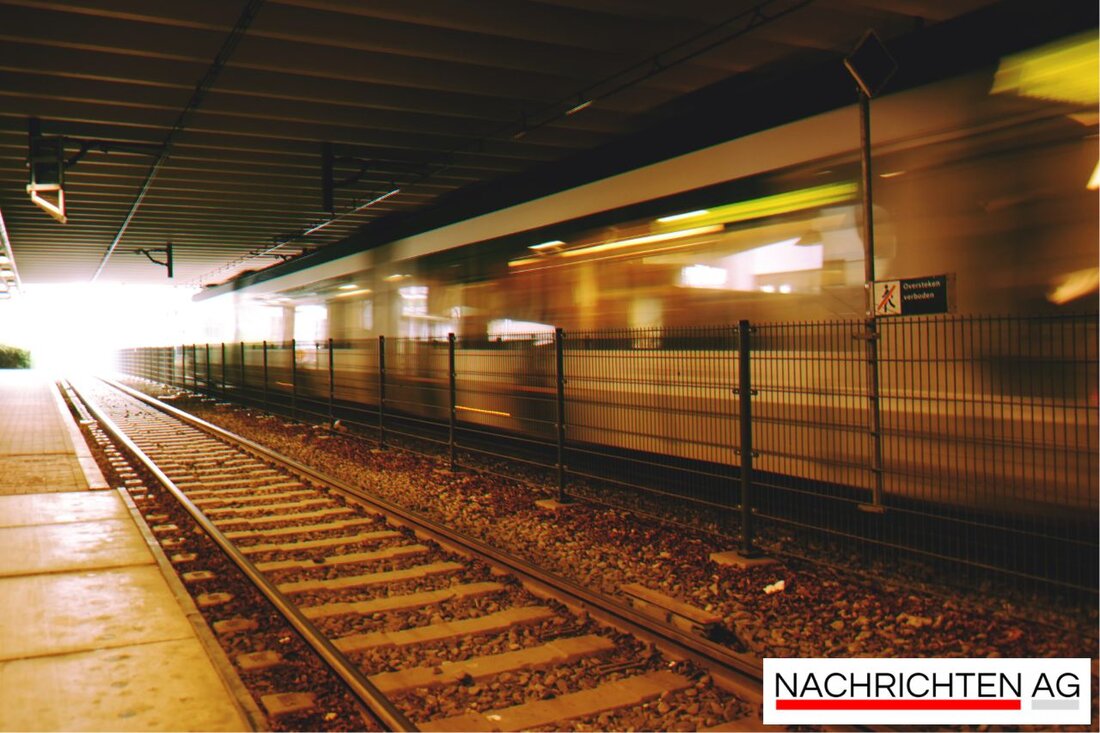Kreuzberg citizens in the protest: high -rise plans at the Gleisdreieckpark wobble!
Kreuzberg citizens in the protest: high -rise plans at the Gleisdreieckpark wobble!
The planned construction of seven high -rise buildings at the Gleisdreieckpark in Berlin ensures intensive discussions between investors, residents and politics. The investor "Urban Mitte owns S.à.r.l." has been aiming for a building permit for the office towers up to 90 meters high for years. In response to the increasing resistance and the authorization of the citizens' initiative, the Berlin Senate withdrawn from the district in early June. This is seen as a step to promote urban development in this central situation, although the Friedrichshain-Kreuzberg district and numerous residents are vehemently against the project.
Matthias Bauer from the Gleisdreieck e.V. campaign community expresses concerns about the possible effects of failure in resistance to the blueprints. For three decades, the initiative is committed to maintaining the Gleisdreieckpark, starting with signature collections and leaflets. This illustrates how strongly the development of urban spatial planning influences the community and mobilizes the emotions in Kreuzberg.
political context and citizen participation
The project, according to the Senate Chancellery, has an "extraordinary urban political importance". The intention to build offices directly at the Gleisdreieck underground station and near the event hall Station Berlin is evaluated as a sign of the urbanization of the region. Nevertheless, many are criticized by many as inadequate because they do not include living space. Urban development senator Christian Gaebler (SPD) has expressed concerns about possible noise pollution that could arise from the proximity to the event hall and public transport.
The lack of integration of living space into the project is a central criticism of the residents and the district. This is additionally reinforced by the location in the "core area", where according to applicable provisions, housing construction is only permitted in exceptional cases. In order to address this topic, the Senate plans talks with the investor to check possible housing projects. Original plans date from 2005, but the changing needs of the city community may require a reassessment of the agreed plans.
reactions of politics and experts
The Senate's decision to take responsibility has caused reactions in the political landscape. The Greens express criticism of the withdrawal of the powers of the district and require necessary changes to the project. The FDP, on the other hand, speaks for an administrative reform in order to abolish the districts and thus accelerate housing. The left announces resistance in the House of Representatives and speaks of abuse of planning law.
experts warn of possible high claims for damages that could go into the millions if the project should be stopped. Gaebler emphasizes the need for contractual loyalty and the long -term benefit for the city. The procedure of the Senate is also critically questioned by various political actors, while the debate about the balance between urban development and the needs of the residents remains fueled.
The argument between Kreuzberg citizens, politics and investors has now achieved an important point. The question arises as to what a sustainable future urban development in Berlin can look like, which meets the needs of everyone involved.
| Details | |
|---|---|
| Ort | Gleisdreieckpark, Berlin, Deutschland |
| Quellen | |


Kommentare (0)